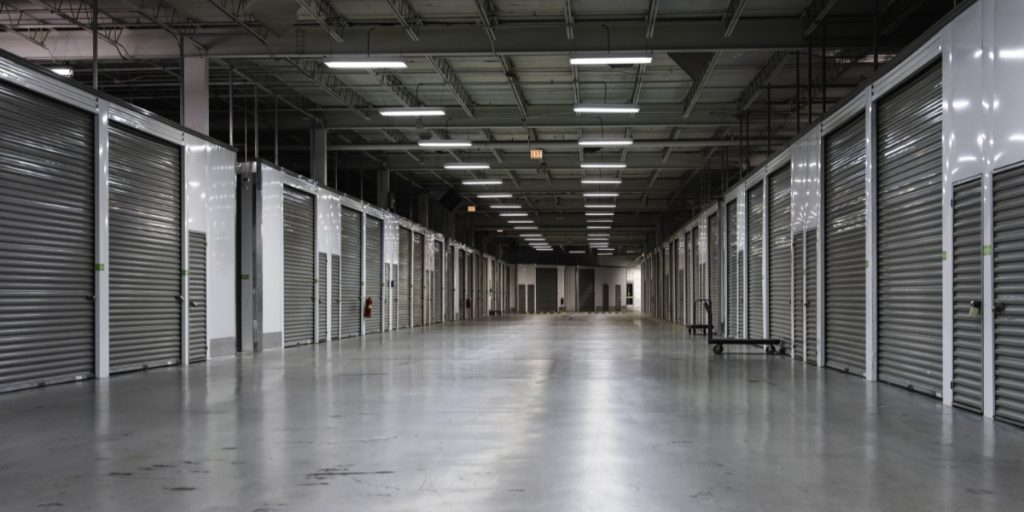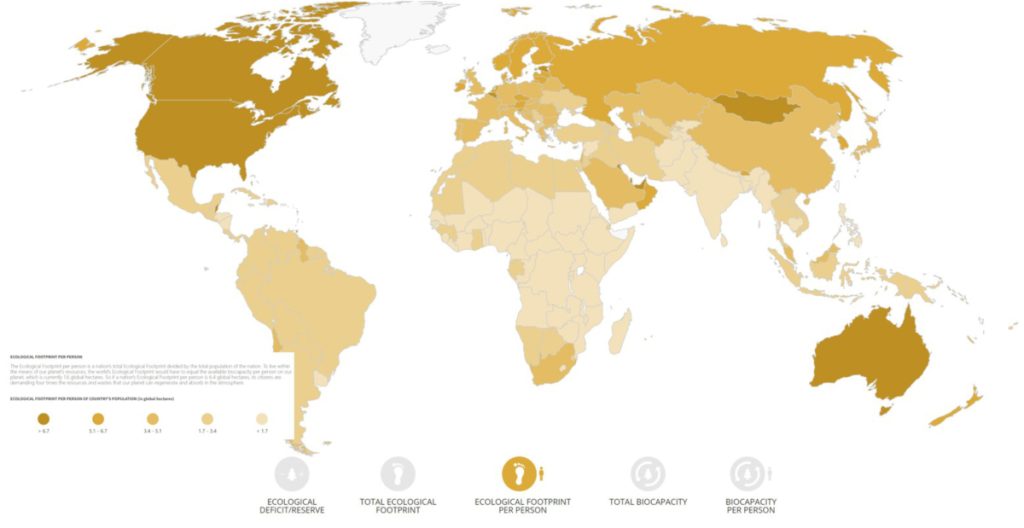Who Is Fuelling Australia’s Hoarding Disorder?

A recent Australian survey highlighted a rather tragic fact – Australians spend an average of AU$163 per month on self-storage; that is AU$163 per month for every woman, man and child. The population’s addiction to consumption and hoarding means that around 13% of people surveyed said they use self-storage units to hide their purchases from others.
It is not unusual when travelling in country Australia to pass properties owned by hoarders. Acres of old vehicles, machinery, wood and general detritus built up over months and years. This type of hoarding disorder is visible for all to see, but the $1.5 billion self-storage industry is enabling people in Australian cities and towns to keep their addiction to consumption hidden from their family, friends and society. It also means that they don’t have to admit this addiction to themselves.
But this isn’t just about the self-storage industry. Add to this the McMansions, the oversized houses which need to be filled and which include a double or triple garage that never see a car because they are also jam-packed with stuff. It is also about Australian charities paying millions annually for waste management and disposal, as dirty or damaged items are piled up as ‘donations’ at their doors. And countries in continental Africa being used as dumping grounds for discarded clothing, with Greenpeace stating that between 30-40% of clothing cannot be sold because ‘it’s trash, essentially”.
What this means is that the ecological footprint per person in Australia is huge:

If everyone on the planet consumed as much as the average Australian citizen, four Earths would be needed to sustain them all. Australia’s addiction to consumption and those who fuel the country’s purchasing and hoarding disorder are driving collapse.

This prospect of environmental collapse due to the addiction to consumption has finally even penetrated the thinking of those who are responsible of manufacturing our addiction. The top 4 global risks ranked by severity in the 2023 WEF Global Risk Report are all environmental.
While individuals must tackle their addiction to consumption, it is important to be aware of the massive budgets that go in to keeping us addicted and pretending that we can continue to consume at ever-growing levels. The nature of capitalism demands economic growth, while all effective actions to address climate change, and biodiversity loss, demand the opposite – degrowth.
So, consumers aren’t the only group addicted to consumption. Executives need quarterly profit growth to ensure they get their bonuses and stock options. Governments need us to spend because they link their fate in elections to delivering economic growth.
This neoliberal Ponzi scheme is dependent on ever increasing consumption using up ever more limited natural resources. The whole scheme relies on the hyper-normalisation of consumption in all forms of the media, from sitcoms and movies, to adverts and the news; it’s ‘normal’ to go ‘crazy’ on Black Friday and at the Boxing Day sales, everyone does we are told over and over.
To distract us from the consequences of our unsustainable practices, governments have perfected the art of greenwashing in their policy making and communications and businesses have perfected the art of greenwashing in their marketing. Like the magician they misdirect the eye and give themselves another term in office or another profit cycle before they must invest in misdirecting again. But the consequences are becoming harder to ignore with climate change now a reality and environmental degradation easy to see for everyone who cares to look.
What is not happening in Australia or in any of the wealthy countries is an honest conversation between the people and their governments to drive real change to turn back from our addiction to consumption before it is too late for human industrial civilisation. Governments now just serve the interests of business and are reduced to managing increasing discontent in the population through a mix of repression and distractions, like the manufactured culture wars or new legislation against peaceful protests. Where is the honest discussion about completely reforming taxes and subsidies to discourage excess consumption, reduce fossil fuel and chemical use and stop pointless accumulation of wealth and property?
So-called advanced Western democracies are more open to discussions about slowing population growth, but the focus is developing nations, where birth rates are still high; but also where planetary footprints are low. This is again more of a distraction than an honest conversation. Collapse is being driven by countries like Australia where too many people are addicted to consumption and to the point of stashing unnecessary purchases in endlessly growing storage units.
The much-needed conversation about ending the growth narrative isn’t happening, because it seems that people can more easily accept the end of the world rather than the end of consumption.

Lynn Johnson is a physicist by education and has worked as an executive coach and a strategy consultant for over 20 years. In her work she pushes for systemic change, not piecemeal solutions, this includes campaigning for modernising the legal trade in endangered species, to help tackle the illegal wildlife trade.



